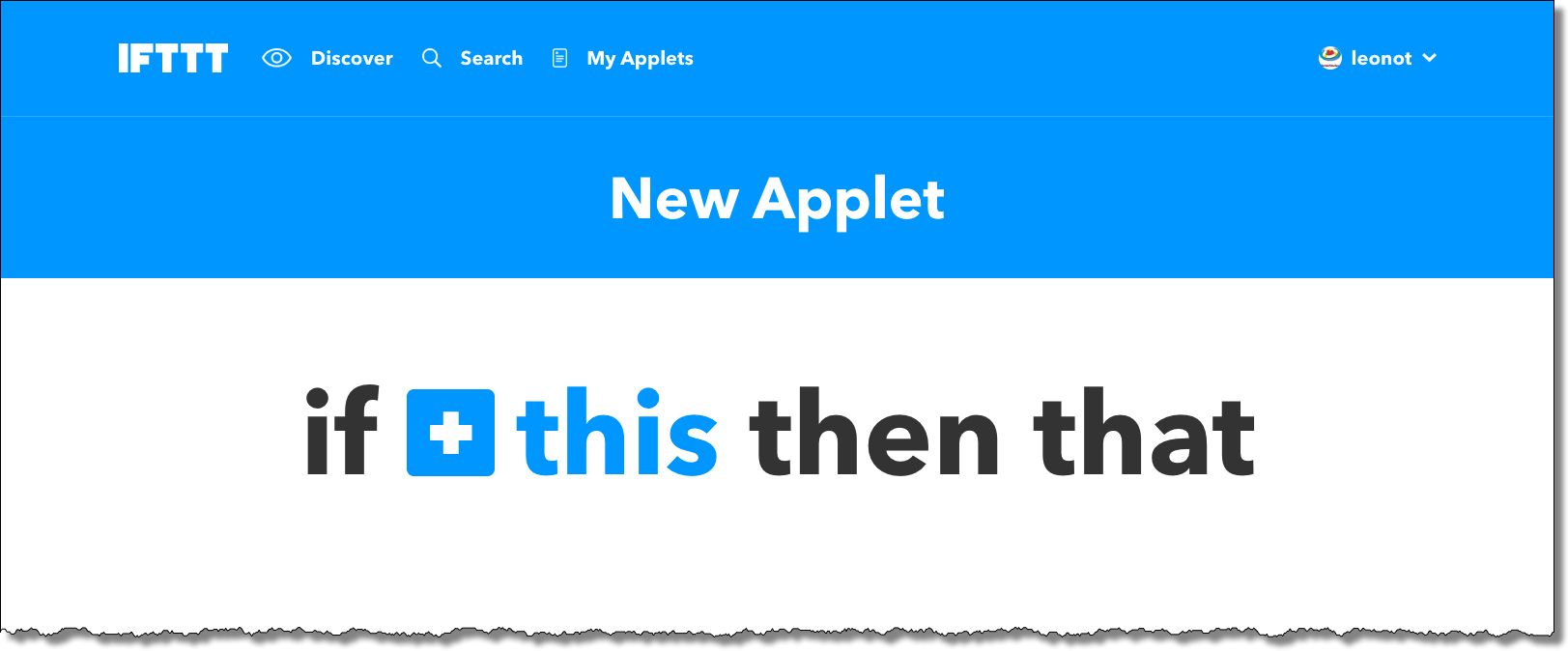If there’s one single lesson I could impart to all the folks who come to me for online, website, and business advice, it’s this:
You are not your customer.
They don’t think like you do. They don’t want what you want. They don’t believe what you believe. Their values are not your values. They don’t behave the way you do.
And they certainly don’t behave the way you want them to.
I’ve been doing this online thing for a while now, and I want to share with you the most common ways in which you’re probably wrong about what you think people are willing to do on your website. Then let’s list some specific approaches you can take to deal with it.





